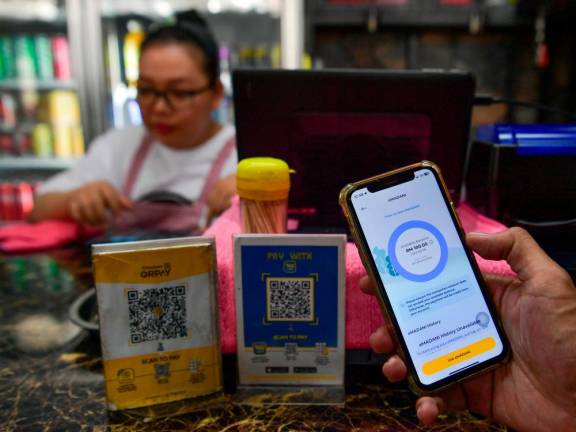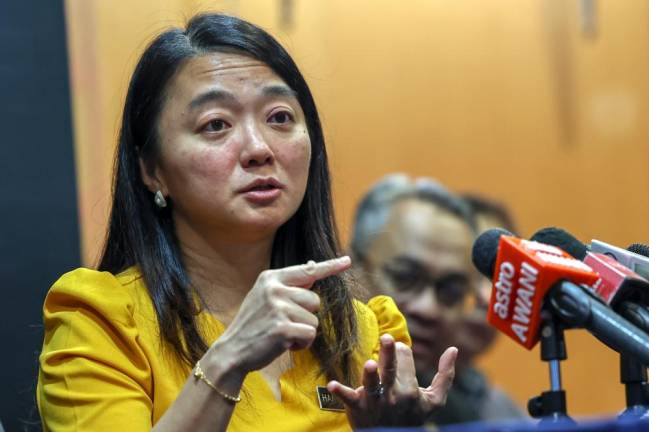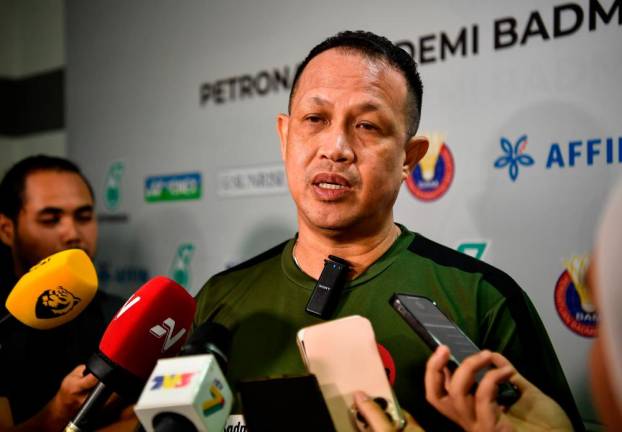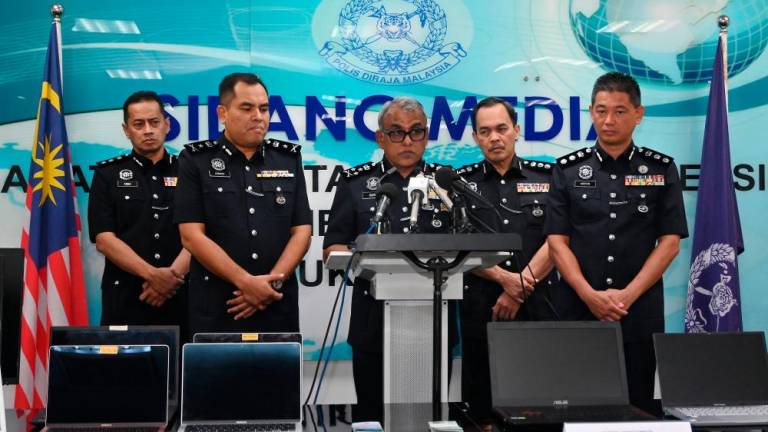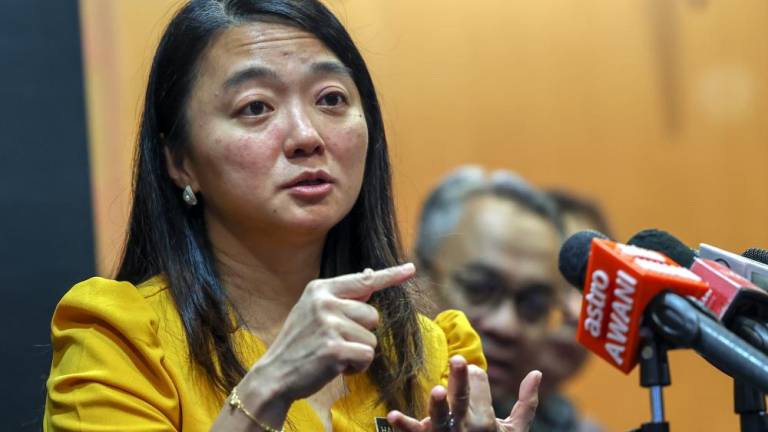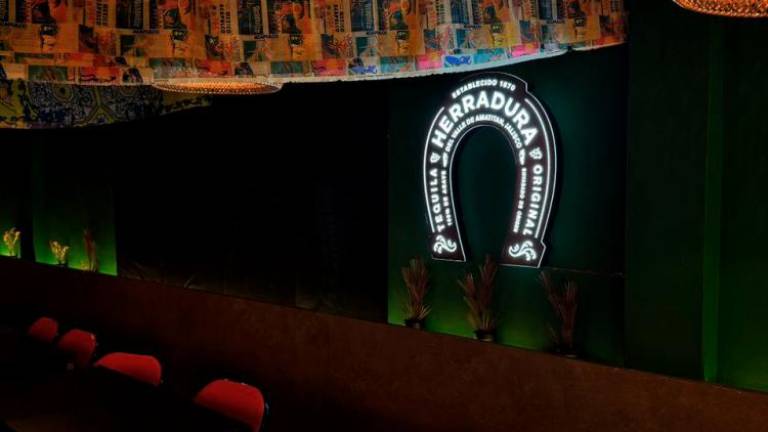ASSOCIATION of Water and Energy Research Malaysia (AWER) applauds the commitment given by the minister of water, land and natural resources to speed up restructuring of the National Water Services Industry.
As we move to the end of the 11th Malaysia Plan, we notice our national NRW level is still about 30% since 8th Malaysia Plan. High NRW is lost revenue and inability to cater to more treated water demand. Delay in the restructuring is another contributing factor for high NRW levels. SPAN’s (National Water Services Commission) target of 25% national NRW level by 2020 will not be achieved as not much effort was really put in place to address this serious matter since its inception in 2008.
To add salt to the injury, NRW projects are placed under a redundant Water Supply Department. The National NRW Reduction Action Plan pushed by AWER must be reactivated to ensure treated water is not wasted due to inefficient management of NRW. Every percentage drop in NRW is availability of treated water for consumers.
SPAN was formed due to failure of the Water Department and Sewerage Services Department to carry out their duties. These agencies were to be shut down once SPAN was fully operational by 2008. The Sewerage Department has overlapping functions with Pengurusan Aset Air Berhad (PAAB), SPAN and Indah Water Konsortium.
The Water Department has overlapping functions with PAAB, SPAN and water operators. There should not be any attempts to reduce the functions of PAAB, SPAN, Indah Water or water operators to justify the existence of the Water Department and Sewerage Department. Both departments must be closed down and their staff absorbed by other agencies. A full audit of the projects under the departments must be carried out before the shutdown. Closing down redundant agencies will reduce the government’s operational expenditures and this is in line with government policy.
Questions have been raised over the Sewerage Capital Contribution Fund. We urge the auditor-general to audit the fund and publish the findings.
Just like the water services licensees, PAAB is regulated by SPAN. Unfortunately, this is not really the case. When project tenders are called, state representatives must sit in the tender award committee. This is important to ensure the state’s concerns are addressed. Once projects are completed, it is the state government that will pay the leasing fee via their water operator.
SPAN must also audit PAAB’s operation to determine cost to tariff via leasing fee. There should be a benchmark method developed and deployed to ensure financial sustainability of PAAB and water services licensees are protected to ensure successful restructuring of the National Water Services Industry.
We urge the minister to drop appointments from non-field experts as commission members of SPAN. At the moment, the water services sector in Sabah and Sarawak is not regulated by SPAN. Therefore, there should not be representatives from Sabah and Sarawak as commissioners of SPAN. Rules must be tightened to prevent any misuse of power or position by commissioners.
To make the water services industry sustainable, IWK must be broken into state-based entities and merged with water operators in respective states. SPAN and IWK are reluctant to implement the final part of the National Water Services Industry Restructuring. Without the final piece of the puzzle, the water services industry will fail. Further delay will also increase the cost of restructuring and dampen improvement of the water services industry’s infrastructures and services.
SPAN’s tariff setting was designed to be transparent to show the public and business community the cost of water services and how the tariff will be affected by these costs. Unfortunately, SPAN used the cost-plus method (a lazy way of setting tariffs) to set the tariff. This method will pass more cost to the consumers and does not promote efficiency of water services. Tariff setting needs to be based on cost audit and benchmarking. There was also interference from ministry officials in SPAN’s operation previously. We urge the natural resources minister to address this issue swiftly.
Incompetent officers must be removed to ensure treated water supply and sewerage services are not affected. Being involved in SPAN’s operation since its inception, it is disheartening to see SPAN deviating from its original role. The National Water Services Industry Restructuring and Water Services Industry Act model will boost Malaysia as one of the best examples in the world of water services with affordable tariffs. Unfortunately, incompetence plagues this sector and denies Malaysia its rightful place in this sector. We urge the minister to reform SPAN and purge the incompetence.
Water is life.
Piarapakaran S.
President
AWER








